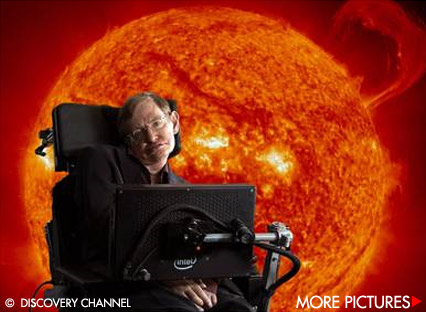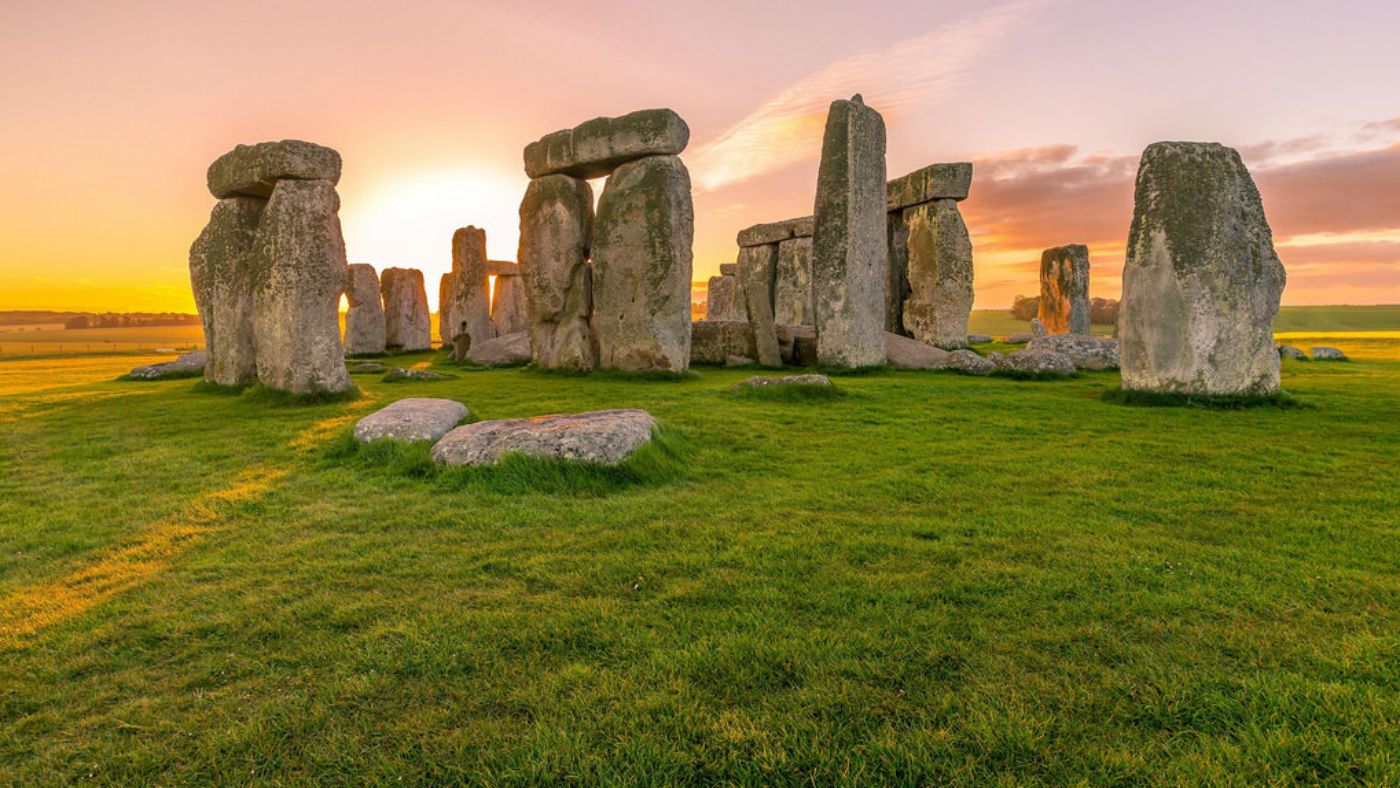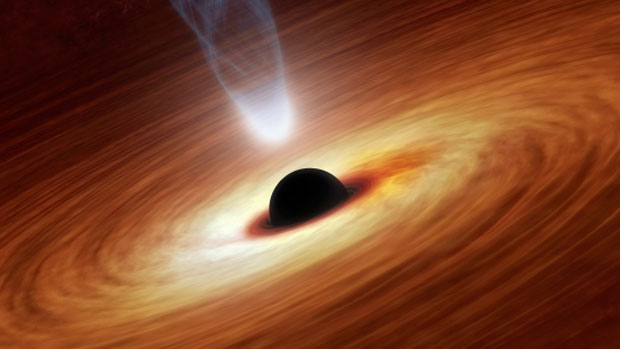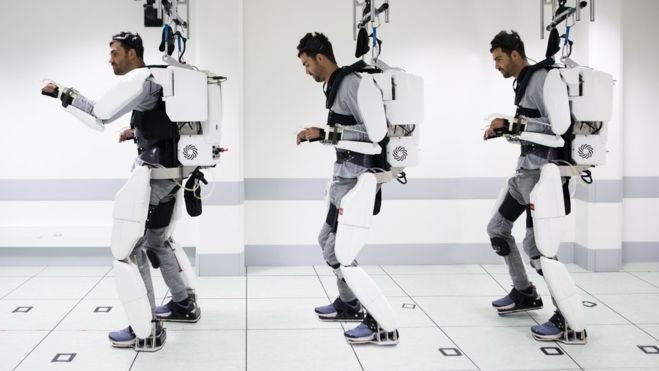Stephen Hawking: 'God particle' could destroy entire universe
The Higgs boson particle could cause time and space to collapse at high energies, warns the physicist

A free daily email with the biggest news stories of the day – and the best features from TheWeek.com
You are now subscribed
Your newsletter sign-up was successful
The 'God particle', officially known as the Higgs boson, has the power to destroy the universe, according to Professor Stephen Hawking.
He warns that the particle could become unstable at extremely high energy levels, leading to a "catastrophic vacuum decay" that would expand at the speed of light, causing the collapse of time and space.
The warning was made by the cosmologist in his new book Starmus: 50 Years of Man in Space. In the introduction, Hawking writes: "The Higgs potential has the worrisome feature that it might become metastable at energies above 100bn giga-electronvolts".
The Week
Escape your echo chamber. Get the facts behind the news, plus analysis from multiple perspectives.

Sign up for The Week's Free Newsletters
From our morning news briefing to a weekly Good News Newsletter, get the best of The Week delivered directly to your inbox.
From our morning news briefing to a weekly Good News Newsletter, get the best of The Week delivered directly to your inbox.
"This could happen at any time and we wouldn't see it coming."
However, Hawking said such conditions were very unlikely. A particle accelerator that reaches such high levels would need to be "larger than earth" and is "unlikely to be funded in the present economic climate", he notes sarcastically.
The Higgs boson was discovered by scientists at the European Organization for Nuclear Research (CERN) in 2012, more than four decades after British physicist Peter Higgs and other physicists first predicted its existence. It signified a major breakthrough in our understanding of the laws of nature that govern matter.
The latest revelation might cause concern among Hawking's fellow physicists, writes Sunday Times science editor Jonathan Leake, not because they disagree with him "but for fear it might alarm the taxpaying public, which funds their experiments".
A free daily email with the biggest news stories of the day – and the best features from TheWeek.com
Scientists also appear sanguine about the prospect of time and space suddenly collapsing. "One thing should be made clear," said Professor John Ellis, a theoretical physicist at CERN "The discovery of the Higgs boson at the LHC did not cause this problem, and collisions at the LHC could not trigger the instability, because their energies are far too low."
-
 Political cartoons for February 15
Political cartoons for February 15Cartoons Sunday's political cartoons include political ventriloquism, Europe in the middle, and more
-
 The broken water companies failing England and Wales
The broken water companies failing England and WalesExplainer With rising bills, deteriorating river health and a lack of investment, regulators face an uphill battle to stabilise the industry
-
 A thrilling foodie city in northern Japan
A thrilling foodie city in northern JapanThe Week Recommends The food scene here is ‘unspoilt’ and ‘fun’
-
 Richard Branson’s Virgin Galactic and Jeff Bezos’s Blue Origin: the new space race?
Richard Branson’s Virgin Galactic and Jeff Bezos’s Blue Origin: the new space race?Speed Read Branson has declared space open for business. Is that still a pie in the sky?
-
 Russia and China joining forces to build first Moon base
Russia and China joining forces to build first Moon baseSpeed Read Lunar pact represents ‘all kinds of security threats’ to UK and US, expert warns
-
 Mystery of where Stonehenge stones came from finally solved
Mystery of where Stonehenge stones came from finally solvedSpeed Read But how the builders moved the huge stone megaliths to the Salisbury site remains a mystery
-
 How chimpanzee ‘lip smacking’ can unlock mystery behind human speech
How chimpanzee ‘lip smacking’ can unlock mystery behind human speechSpeed Read New study reveals rhythm of great apes’ communications is identical to spoken language
-
 Scientists discover new variety of black hole
Scientists discover new variety of black holeSpeed Read Astronomers had previously missed entire class of dead star
-
 Trio win Nobel physics prize for work to understand cosmos
Trio win Nobel physics prize for work to understand cosmosSpeed Read The scientists were hailed for ‘ground-breaking’ discoveries
-
 Quadriplegic man walks using mind-reading robotic exoskeleton
Quadriplegic man walks using mind-reading robotic exoskeletonSpeed Read Robo-suit hailed as huge step forward for paralysed patients
-
 Will ancient scrolls damaged by Vesuvius be read again?
Will ancient scrolls damaged by Vesuvius be read again?Speed Read Scientists believe they have developed technology to see what is on the famous scrolls